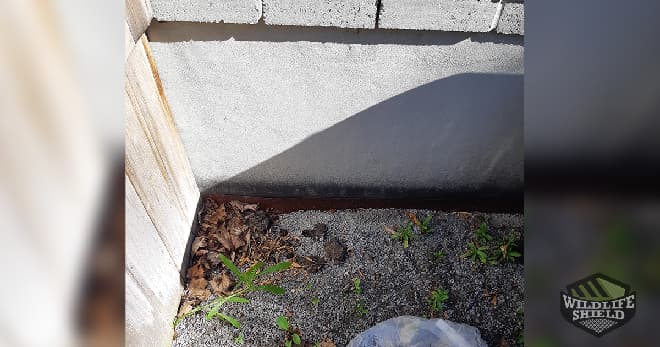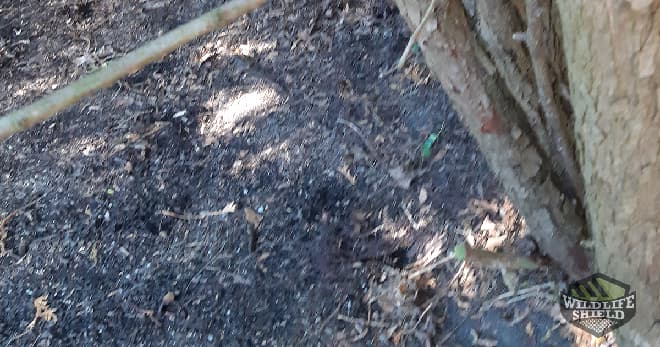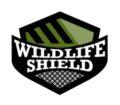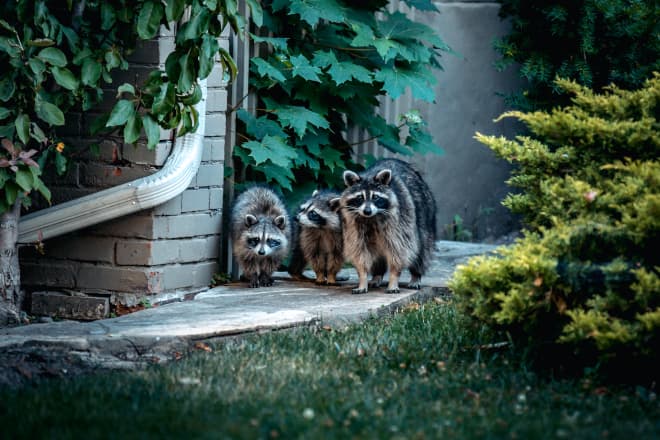Temperanceville, Richmond Hill 2021
This article will discuss a brief visit to a residential property concerning latrine raccoon poop removal in Richmond Hill. Even though the visit was relatively brief, the importance of raccoon removal and its handling thereof cannot be understated.
Exterior Inspection
Technicians were called to be on-site to inspect a residential property in Richmond Hill. The homeowner complained of seeing feces scattered on her property. One such place was next to her BBQ. The technician on-site immediately starts to conduct an exterior inspection. The exterior inspection is of great importance to gather more evidence and to gain a better understanding of the situation. Armed with a robust bag in hand, the technician carefully and strategically searches the area for any visible raccoon poop. To any outsider, this may seem like an easy task, but as previously mentioned before, this was done strategically based on the raccoons’ behavior patterns and preferences.

Raccoons prefer to have a separate space for their latrine away from their den. Knowing where
raccoons like to settle may give you a better indication of the latrine’s location.
Initial Measures Taken
After the feces were spotted by the technician, the feces are carefully sprayed with disinfectants and collected and put into a robust leak-proof bag. It is important to add that the technicians wear fully covered jumpsuits, gloves, and masks to prevent airborne diseases. The health risks associated with raccoon poop are to be taken seriously, and precautions should be taken beforehand.
The customer complained about an old latrine as well. This was taken care of by putting the contents in a separate bag along with the surrounding soil to prevent contamination. The entire latrine must be carefully broken down and taken away.

The health hazards associated with raccoon feces are as follows:
People who have come in close contact with the raccoon poop could accidentally swallow eggs that have been soil and water accidentally. The eggs travel through the intestines and may hatch larvae causing an infection known as Baylisascaris. As these larvae travel through the body, they can damage organs and muscles. Depending on where the larvae move, they can affect the brain and spinal cord.
Symptoms may include but are not limited to nausea, tiredness, liver enlargement, loss of coordination, lack of attention to people and surroundings, loss of muscle control, blindness, coma
Children and animals are at the highest risk because they have the habit of digging around in the soil and ingesting it.
Deodorization
After all the waste is disposed of and taken away, the technician starts by deodorizing the area. They do this with the help of a concentrated formula that gets dispersed by the pressure of the ‘wand’. The areas are thoroughly disinfected to prevent any further eggs from hatching and curbing the spread of disease. Deodorization is the final and last time to ensure the area is suitable to be around. The technician has to be wary of possible airborne diseases or inhaling the formulations. This is why the technician wears a special respirator was during the entire process along with protective clothing.
Conclusion
The process of raccoon poop removal is quite straightforward, but the dangers involved in cleaning and removing the feces need preparation and careful planning. When you do see feces in your backyard, it is better to contact professionals such as Raccoon Control Richmond Hill to safely and quickly remove the poop without getting into harm’s way. This may seem like an exaggeration, but the risk is just not worth it. Keep a considerable distance from the feces.

